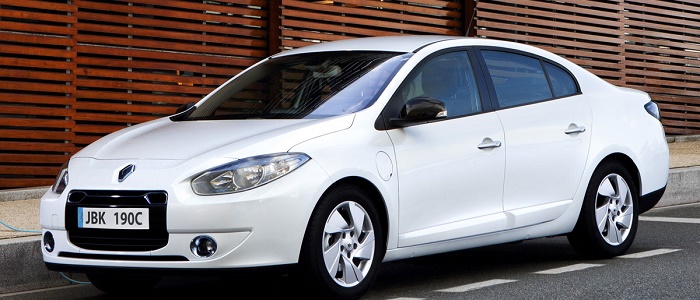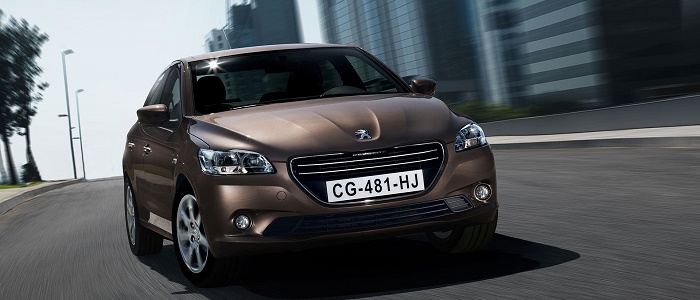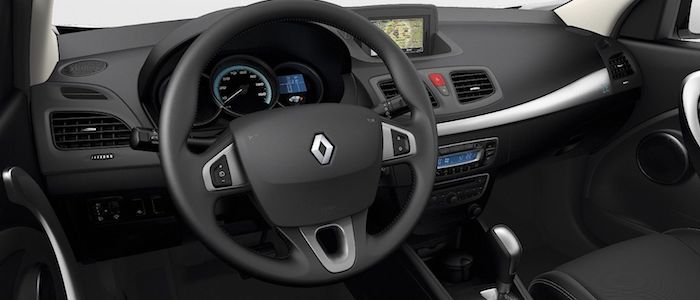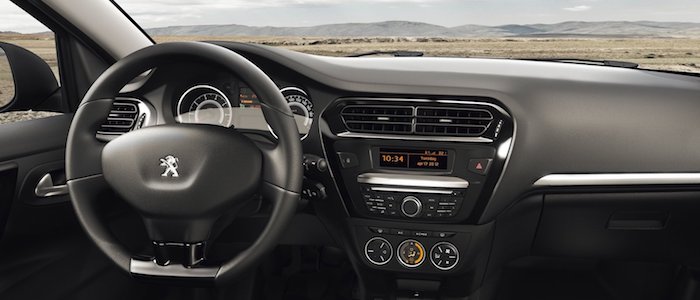Compare two cars
Compare any two cars and get our Virtual Adviser™ opinion
Dimensons & Outlines
Engine
1.5 dCi K9K 865
Performance (manual gearbox)
Performance (automatic gearbox)
Expenses
Virtual Adviser's™ opinion
Well, these are two pretty similar cars we have here! It's only details that could potentially make the difference. Considering they both belong to the small family car segment and utilize the same 4-door sedan body style and the front wheel drive system, it all comes up to the specific diesel engine choice they offer. The first one has a Renault-engineered powertrain under the hood, a 4-cylinder, 8-valves 110hp unit, while the other one gets its power and torque from a 4-cylinder, 8-valves 92hp engine designed by Peugeot.
SafetyThe first thing to look into here would be the results from European New Car Assessment Programme (Euro NCAP) tests performed on the two cars. Good thing is that both vehicles got tested, with the Renault being a slightly better choice apparently. Still, apart from the official crash test results there are other things we need to be aware of. Both vehicles belong to the small family car segment, which is generally classifying them somewhere in the middle safety-wise, but it doesn't do much to help us decide between the two. Furthermore, if we'd like to consider vehicle mass in this context too, which we definitely should, Fluence offers a considerable difference of 18% more metal.
ReliabilityManufacturers have been building their reliability reputation for decades now and, generally speaking, it appears that both brands display similar results in faults and breakdowns, all the models observed together. These are the official statistics, while our visitors describe reliability of Renault with an average rating of 4.2, and models under the Peugeot badge with 4.3 out of 5. Independent research findings rank Fluence as average reliability-wise, and 301 is more or less at the same level.Above it all, drivers of cars with the same engine as Fluence rank it on average as 4.3, while the one under the competitor's bonnet gets 4.2 out of 5.
Performance & Fuel economyRenault is undoubtly more agile, reaching 100km/h in 1.4 seconds less than its competitor. In addition to that it accelerates all the way to 185 kilometers per hour, 5km/h more than the other car. When it comes to fuel economy things look pretty much the same for both cars, averaging around 4.4 liters of fuel per 100 kilometers (65 mpg), in combined cycle.
Verdict
Renault appears just a bit more reliable, although the difference is truly marginal. The most important thing when deciding between any two vehicles should always be safety, both passive and active. In my opinion, everything taken into account, Fluence beats the other contender by far, making it the best choice without even considering other things. It all continues in the same direction, with Renault outracing its opponent in any situation possible, making it better choice for boy racers. It does come at a cost though, and that's the fuel consumption... All together, there's not much more to say, in this case I wouldn't even consider anything but Renault. Anyway, that's the most objective conclusion I could've came up with and it's based solely on the information found on this website. Aspects such as design, practicality, brand value and driving experience are there for you to measure them out. I suggest you spend two more minutes in order to find out which car, based on your needs and budget, would be picked by the virtual adviser™, out of 12.000+ vehicles we currently have in our database.

































